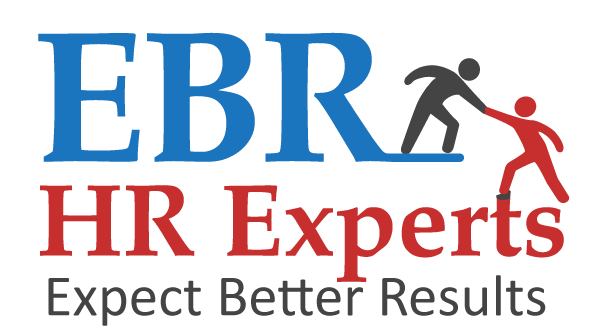“Critical thinking skills are essential in every industry at every career level, from entry-level associates to top executives. Good critical thinkers can work both independently and with others to solve problems. Issues such as process inefficiencies, management or finances can be improved by using critical thought. Because of this, employers value and seek out candidates who demonstrate strong critical thinking skills.” (https://www.indeed.com/career-advice/career-development/critical-thinking-skills)
Critical thinking: the ability to analyze information objectively, assess different perspectives, and reach a logical conclusion uninfluenced by emotion or personal bias.
Close your eyes and pretend that you are in a very dark place, sitting on a chair. You can’t see anything and you can’t hear anything. What’s the first thing you would do? Whatever your answer is – you used critical thinking to formulate it. “I would speak to see if someone answers.” If they do or don’t, you have information you didn’t have before, and can then decide what to do next – critical thinking in action. “I would jump up and run around screaming” – not critical thinking, not productive, potentially dangerous!
There is a process in critical thinking. Following it allows you to arrive at a decision that is fact based, well-considered, and devoid of emotion or prejudice.
Step 1. Identify the problem – the real problem. Use the 5 times why process by asking “what is the problem?” and then “why is it the problem” until you get to the bare bones of the issue.
Step 2. Gather data, opinions and arguments – be sure it comes from reliable sources and is as unprejudiced as possible.
Step 3. Analyze and evaluate the data – are the sources reliable?
Step 4. Identify assumptions – are your sources unbiased?< Step 5. Make a decision/reach a conclusion – decide which – if any – conclusions are possible. Weigh strengths and limitations of all possible options. This is the most important step. Make a decision – not making a decision is making a decision and it’s the wrong one. Your ability to critically think through a problem is nullified if you don’t make a decision and follow through with it. To start working on your critical thinking skills, begin with applying these simple strategies: Ask simple critical thinking questions
- What do I already know?
- How do I know that?
- What am I trying to prove?
- What are my motivations?
Oppose “common sense” This is where you can lose a good resolution to a problem.
Be aware of your biases
- Confirmation Bias: we always subconsciously assume we’re right.
- Action Bias: we act too quickly before thinking something through.
- Association Bias: why did the rain dance always work? Because they’d dance until the rain came.
- Unconscious Bias: Unconscious biases are social stereotypes about an individual, group or institution. Everyone has unconscious biases about various groups, and they are often not aligned with one’s conscious values. Here’s a place to test your unconscious bias: https://implicit.harvard.edu/implicit/takeatest.html
You can highlight your critical thinking skills on your resume by using these terms to describe your successes:
“Evaluated and analyzed”
“Identified a major design defect and instituted a work around”
“Interpreted the results”
“Developed a new strategy”
You can develop your critical thinking skills every day by applying the process to small problems that occur and there are some good books that can help. I recommend Critical Thinking Skills: Developing Effective Analysis and Argument by Stella Cottrell.
I also found this great video from the Department of Labor that can help you understand critical thinking. https://www.youtube.com/watch?v=hPiI44XEKgs
